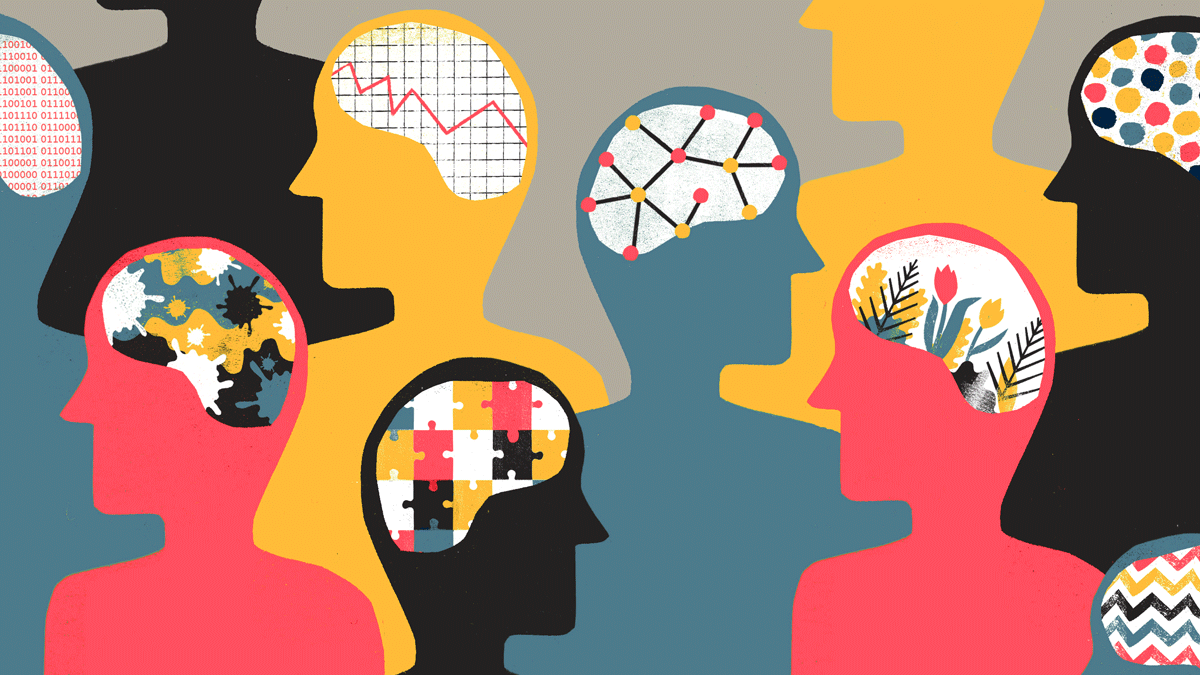This National Mental Health Awareness Month is an excellent opportunity to check in with ourselves and our mental health as we continue to deal with the stress of daily life and the ongoing pandemic. Anxiety and worry are common, but it’s critical to take small, consistent measures to improve our mental and emotional health. We can deal with challenges more effectively if we develop emotional resilience.
Here are some tips to help you better manage your mental health and build resilience:
1. Get Enough Sleep
Sleep deprivation can have a negative effect on your physical and mental health and your general quality of life.
Try to get a minimum of seven hours of sleep.
While the number of hours required will vary slightly from person to person, most healthy adults need an average of seven to nine hours of sleep every night to function at their best.
Not only does getting enough sleep relieve stress, but it also makes you more awake and alert. It also improves your memory by helping your brain process and retain information over time and solidify memories.
2. Have an Active Lifestyle
Regular physical exercise keeps you physically strong, reduces stress, and mentally alert. You think better when you exercise, which allows you to be more effective and productive.
Sports, yoga, Zumba, or a calm walk in the park are good ways to keep your mind and body healthy.
It is advisable to engage in moderate exercise regularly rather than sporadic heavy workout sessions.
3. Maintain a Healthy Diet
A healthy, well-balanced diet is a natural defense against stress.
According to research, sugar and processed foods can cause inflammation in the body and brain, contributing to mood disorders such as depression and anxiety. When we’re anxious or sad, processed meals are generally our first choice for a fast pick-me-up.
For better mental wellbeing, make it a habit to start your day off well with a healthy breakfast and try to eat a variety of balanced meals throughout the day.
Focus on eating plenty of fruits and vegetables as well as meals high in omega-3 fatty acids, such as salmon, to improve your mental health. Wholegrain cereals, nuts, seeds, and legumes like beans and lentils are also good for the brain.
4. Interact and Socialize
We avoided face-to-face contact for several months to mitigate the spread of COVID-19. But with the number of vaccinations on the rise, now is a good time to pursue in-person activities to the extent that you are comfortable.
The Harvard Medical School highlights dozens of studies showing how people who have social support from friends, family, and their community are happier, live longer, and have fewer health problems.
Our social connections improve our sense of wellbeing, boost our self-esteem, give us a sense of purpose, and decrease feelings of depression. Over time, these connections can enhance our cognitive function and reduce the risk of dementia.
Phone conversations, social media, chat messages, and video calls are fantastic methods to remain in contact. Still, nothing beats meeting up with a close friend or family member in person to lift your spirits.
5. Learn a New Skill or Hobby
Knowledge fuels self-confidence. Whatever your age, it’s never too late to learn a new skill and participate in activities that interest you.
Lifelong learning, whether it’s learning a trade like accountancy or taking up an activity like bird watching or a hobby like pottery, has been shown to increase mental wellbeing by giving us a sense of life purpose.
Also, learning new skills keeps your mind refreshed since it stimulates brain and nerve cells.
6. Avoid Vices such as Cigarettes, Alcohol, and Drugs
Alcohol, cigarettes, or narcotics are not the answer to your emotional problems. They merely give short-term stress relief.
Often people turn to vices as an unhealthy coping mechanism to mask anxiety or depression.
Take smoking, for example, which has been linked to depressive symptoms and poorer mental health. The same can also be said about alcohol. There is a strong association between drinking heavily and suicidal thoughts, suicide attempts, and death from suicide.
The best thing you can do for your mental wellbeing is to quit these unhealthy vices.
While making the decision to kick a bad habit is difficult, research has shown it is possible, and the best way to do it is to replace them with new healthy routines.
Duke University psychology professor Wendy Wood says environmental cues play a large role in controlling our behavior. Her study advises that if you want to quit smoking or drinking, pay attention to where you usually smoke or drink and take steps to avoid spending time in those places.
7. Laughter is the Best Medicine
One of the many benefits of laughter and humor is the power to combat anxiety and depression.
Although a good sense of humor can’t cure all ailments, laughter is proven to activate and relieve your body’s stress response, improve your immune system, increase personal satisfaction, and uplift your mood.
8. Talk to a Professional
Many of us were raised to believe that internal matters should be kept private and swept under the rug. But this is perhaps the worst thing you could do to yourself.
We’ve already discussed the importance of socializing to mental wellbeing, but sometimes spending time with friends may make things more intimidating, daunting, or exhausting. Friends don’t always give the best advice. Their well-intentioned suggestions might exacerbate your feelings of guilt, frustration, anxiety, or depression.
If you’re in distress or struggling with emotional problems, it’s best to seek the help of a professional.
A licensed counselor or therapist offers a safe, confidential, non-judgmental space where you can talk about your discomfort. They can help you work out where your negative feelings and ideas come from and why they are there.
Understanding your thoughts and maladaptive behavioral patterns can help you make positive adjustments, take charge of your life, and improve your self-confidence.




